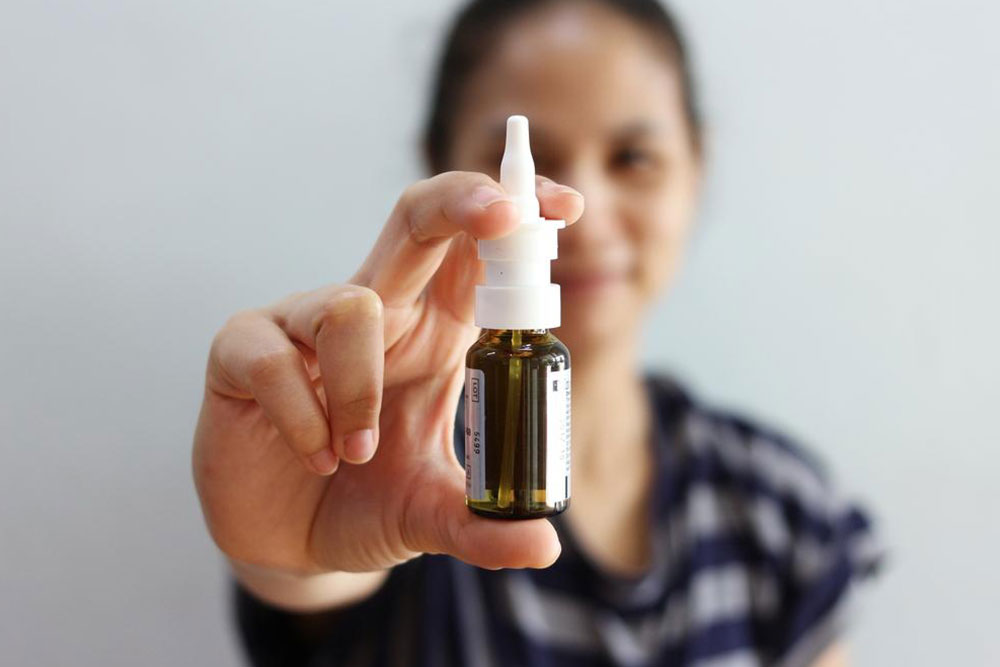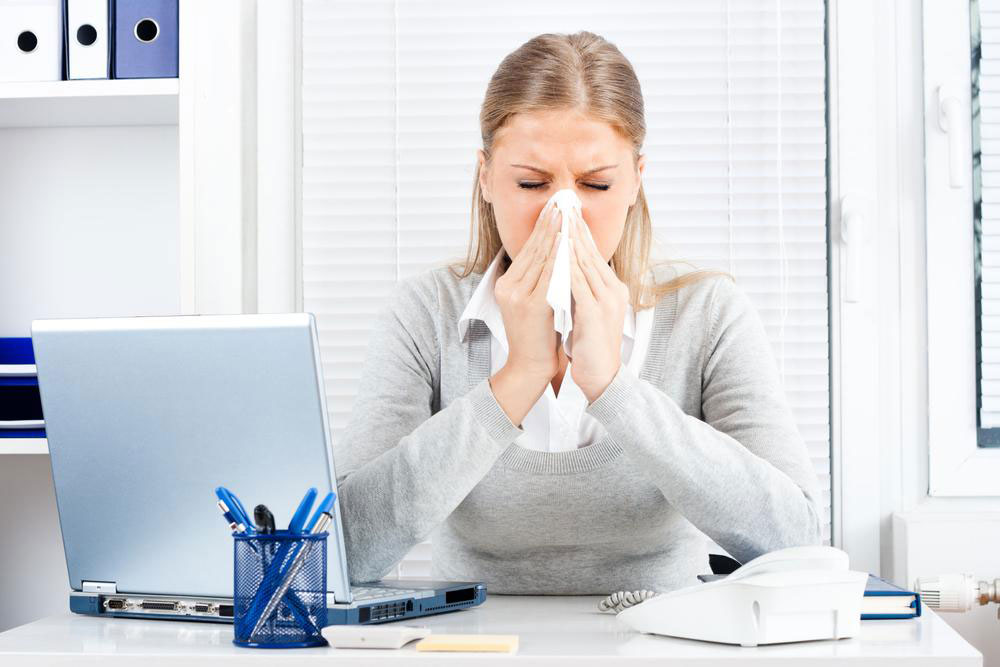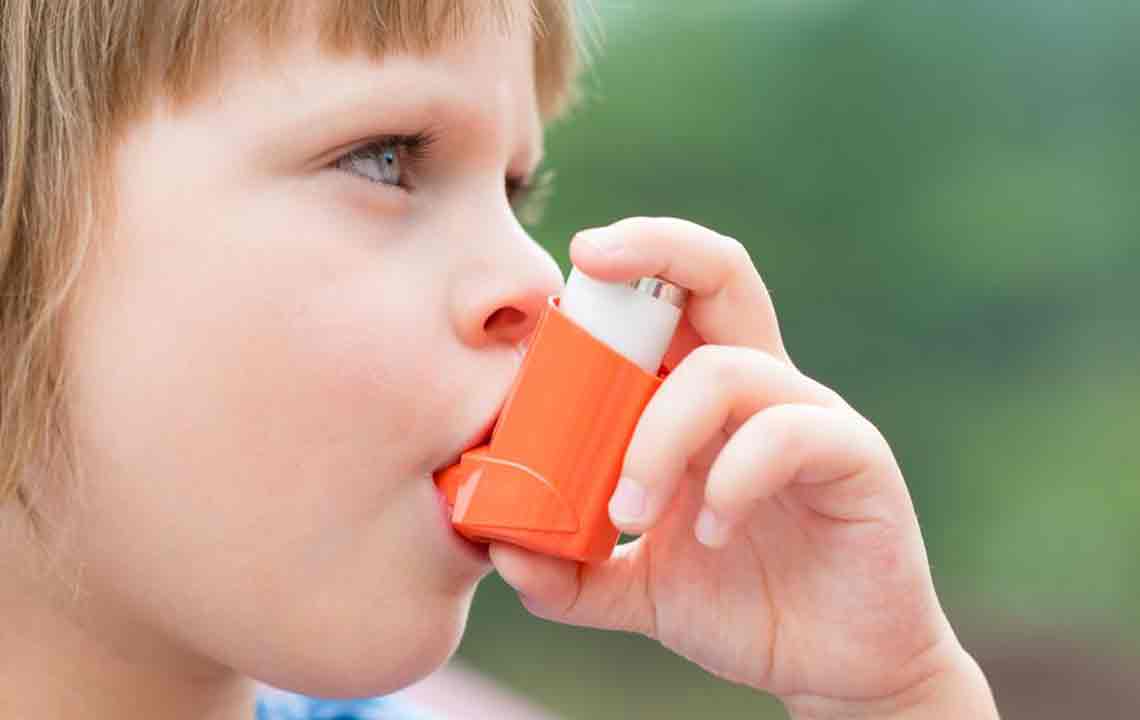Effective Strategies to Fight Allergic Sore Throat: Expert Tips and Natural Remedies
This comprehensive guide explores effective ways to manage allergic sore throat, including understanding causes, preventive measures, medical treatments, and natural remedies. It offers practical tips for relief and highlights when to seek professional help to prevent complications, helping sufferers improve their respiratory health naturally and effectively.

Understanding and Managing Allergic Sore Throat for Better Health
A sore throat is one of the most common health complaints affecting millions of people worldwide. While many individuals associate sore throats with viral infections like the common cold, persistent sore throats that do not respond to standard cold remedies may actually be caused by allergies. Allergic reactions can lead to inflammation and irritation in the throat, resulting in discomfort that often persists for weeks if not properly managed. Recognizing the difference between a typical cold and allergy-induced sore throat is essential for effective treatment and relief.
Allergies that affect the respiratory system, especially airborne allergens like pollen, dust particles, pet dander, and mold spores, can trigger immune responses that lead to inflammation within the throat. When these allergens enter your respiratory pathways, they stimulate the immune system to release chemicals such as histamine, resulting in symptoms like swelling, itchiness, and soreness in the throat.
This condition often involves postnasal drip, where mucus from the sinuses drips down the back of the throat, causing irritation and a persistent scratchy sensation. Moreover, this mucus buildup can lead to coughing, frequent swallowing, and discomfort that worsens with exposure to allergens.
While seasonal allergies, such as pollen during springtime, are well-known triggers, many allergens like cigarette smoke, indoor dust mites, mold, and pet dander can cause symptoms throughout the year. Common signs include nasal congestion, sneezing, itchy or watery eyes, and a sore throat. It's important to distinguish allergy symptoms from viral infections—if your sore throat is accompanied by fever, body aches, or fatigue, it is more likely caused by a viral illness rather than allergies.
Preventative strategies are crucial in managing allergy-related sore throats. These include avoiding known irritants, reducing exposure to smoke and pet dander, and maintaining a clean, dust-free environment. During high pollen seasons, keeping windows closed, using air purifiers, and wearing masks outdoors can significantly reduce allergen contact. Maintaining good hygiene, washing bedding regularly, and using high-efficiency particulate air (HEPA) filters can also help mitigate ongoing exposure to indoor allergens.
Treatment options for allergy-induced sore throat focus on alleviating symptoms and addressing the underlying allergy. Antihistamines such as loratadine, cetirizine, or fexofenadine can effectively block the effects of histamine, thereby reducing itchiness, swelling, and mucus production. Nasal sprays containing corticosteroids or decongestants can provide relief from nasal congestion and postnasal drip. For persistent or severe cases, consulting an allergist for testing—such as skin prick tests or blood allergen-specific IgE tests—can identify specific triggers and determine if immunotherapy (allergy shots) is appropriate.
In addition to medical treatments, natural remedies can support relief from allergy symptoms and sore throat. Staying well-hydrated is vital; drinking plenty of fluids like water, herbal teas, or broths helps keep the throat moist and thins mucus, making it easier to clear from the respiratory passages. Warm beverages can soothe irritated tissues and provide comfort. Saline nasal rinses, such as neti pots, can be effective in flushing out allergens from the nasal passages, though overuse should be avoided to prevent irritation. Herbal remedies like honey and ginger tea may also help soothe sore throats.
Avoiding caffeine is advisable as it may contribute to dehydration, exacerbating throat discomfort. Moreover, reducing exposure to known allergens and consulting healthcare professionals for ongoing symptoms or complications—such as sinus infections or prolonged soreness—is fundamental in achieving lasting relief. Implementing these strategies empowers individuals to manage allergy-related sore throats more effectively, improving quality of life during allergy seasons and year-round.





